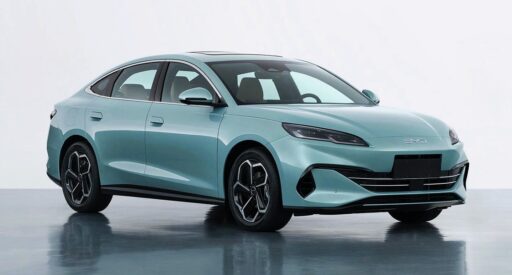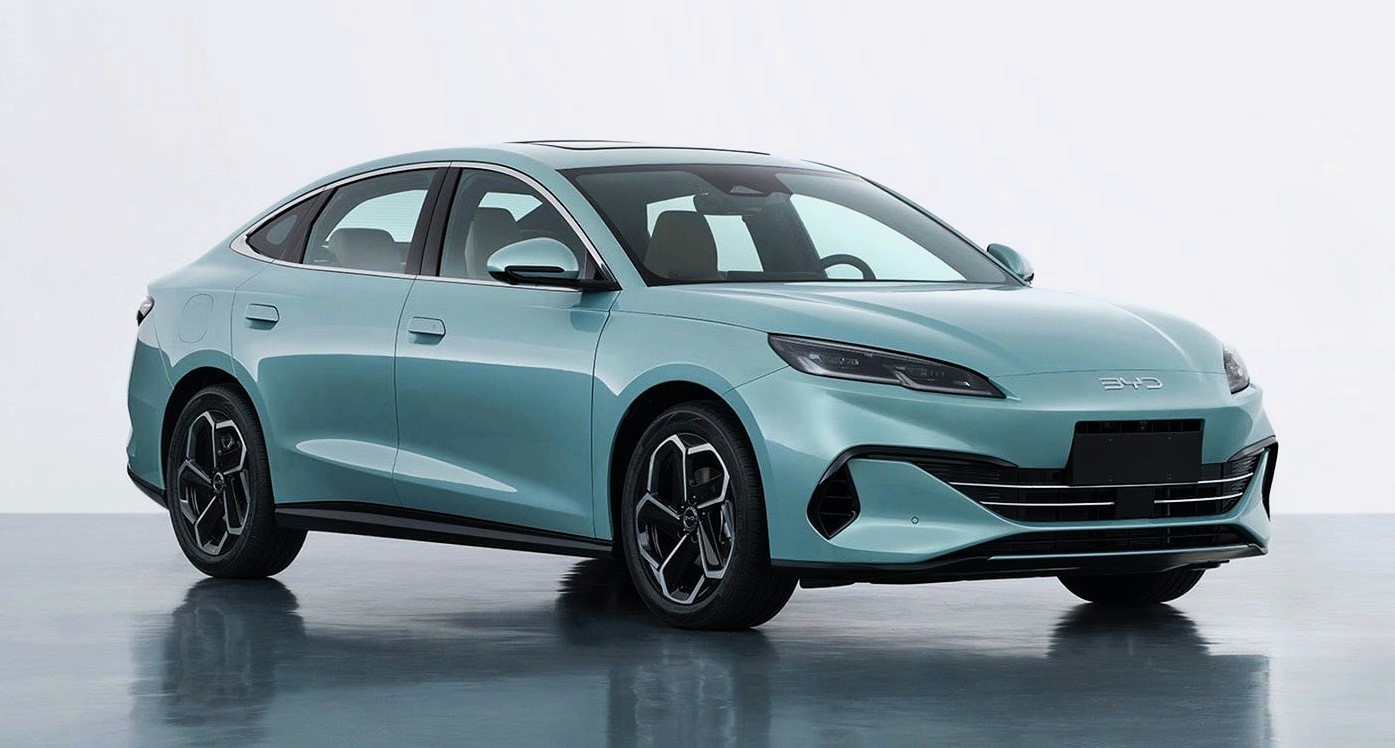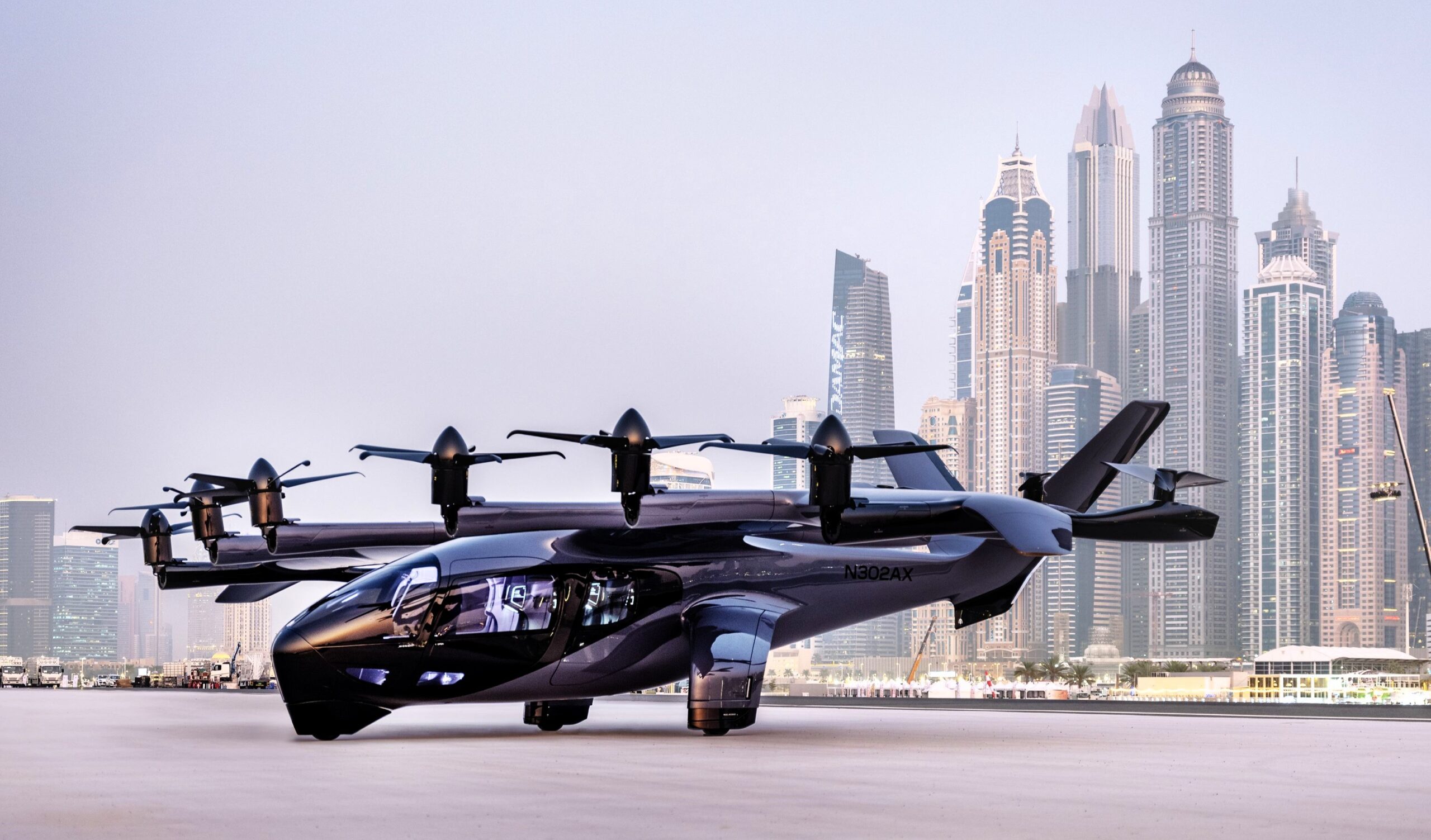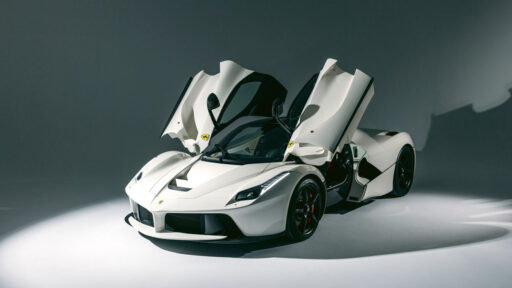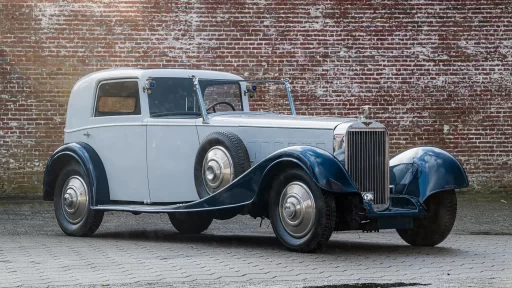Two new hybrid cars that have a 1,300-mile range — double that of existing similar motors on the market — are set to go on sale.
Chinese manufacturer BYD’s Qin L and Seal 06 models are set to change the motoring sector.
It aims to challenge the dominance of Volkswagen and Toyota.
Existing hybrids on the market have top ranges of up to 600 miles.
READ MORE: Aston Martin first-of-a-kind new models being launched… £44.99 Lego versions
These new offerings position BYD to appeal to a broader spectrum of car buyers, including those not yet ready to switch to electric vehicles (EVs).
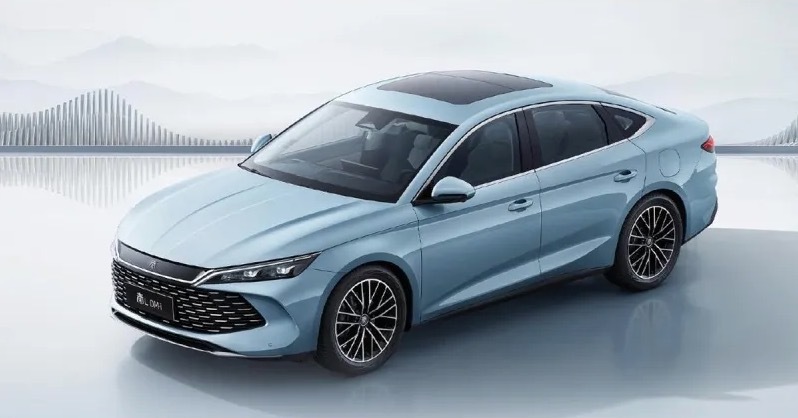
Having already surpassed Tesla as the leading EV manufacturer in China, BYD has aggressively cut prices to maintain its market lead and is eyeing expansion into European and US markets.
The Shenzhen-based company is now setting its sights on traditional automakers like VW and Toyota, which continue to thrive with their gasoline-powered vehicles.
After halting the production of fossil fuel cars in early 2022, BYD is making a comeback with hybrids designed to address concerns about range.
In April, BYD — backed by Warren Buffett — revealed the Qin L and Seal 06 at the Beijing Auto Show.
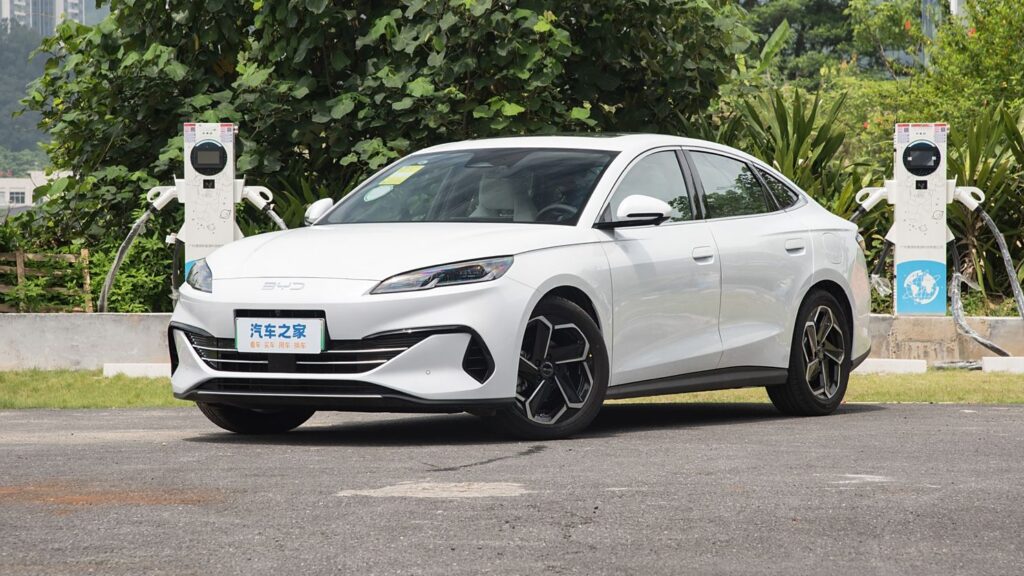
These mid-sized sedans, part of the Dynasty and Ocean series, respectively, offer a remarkable range of 1,304 miles (2,100 km) on a full tank.
The electric battery provides less than 50 miles (80 km) of this range, with the real breakthrough coming from their fuel efficiency.
According to the South China Morning Post (SCMP), these hybrids use only 0.76 gallons of fuel per 60 miles (100 km), significantly better than the typical 1.32 gallons for other hybrids.
This efficiency could save owners over £1,045 (US$1,336) annually in fuel costs, as reported on Luxury Auto News.
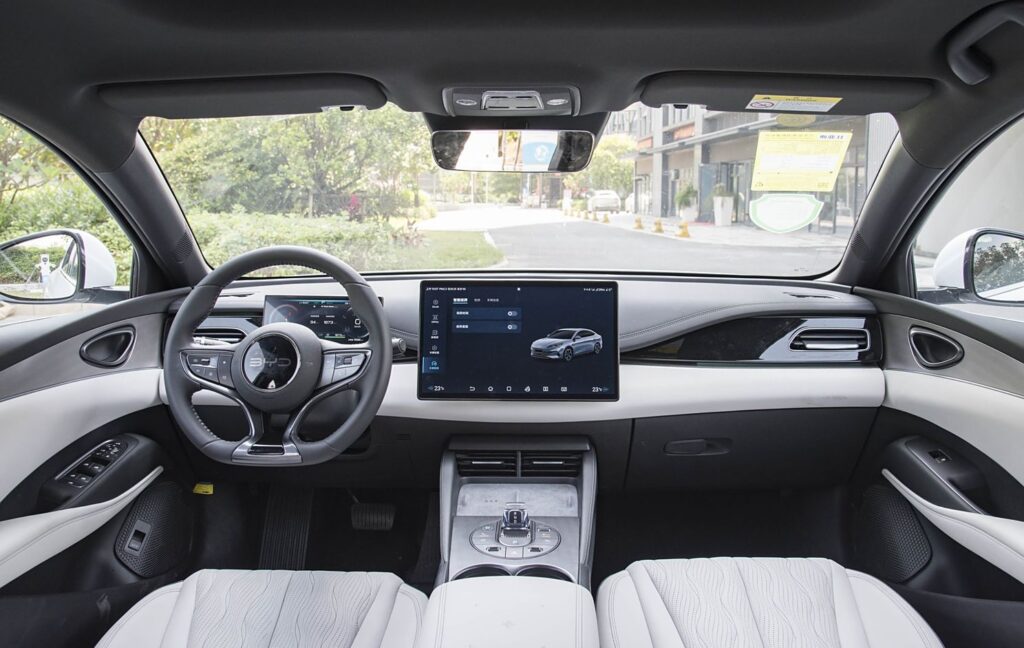
Priced at £10,770 (US$13,770), the Qin L and Seal 06 are competitively positioned against Volkswagen’s Sagitar and Toyota’s Corolla, which are priced at £13,805 (US$17,650) and £12,610 (US$16,120), respectively.
This aggressive pricing strategy underlines BYD’s intent to capture market share from established global brands.
In 2023, BYD shipped three million battery-powered cars, achieving a record net profit of £3.23billion (US$4.14 billion), yet still trailed Volkswagen’s 3.2 million vehicle shipments in China, none of which were electric.
BYD’s return to fossil fuel vehicles acknowledges the persistent preference for petrol cars among many consumers, providing a robust alternative for those hesitant about EVs.
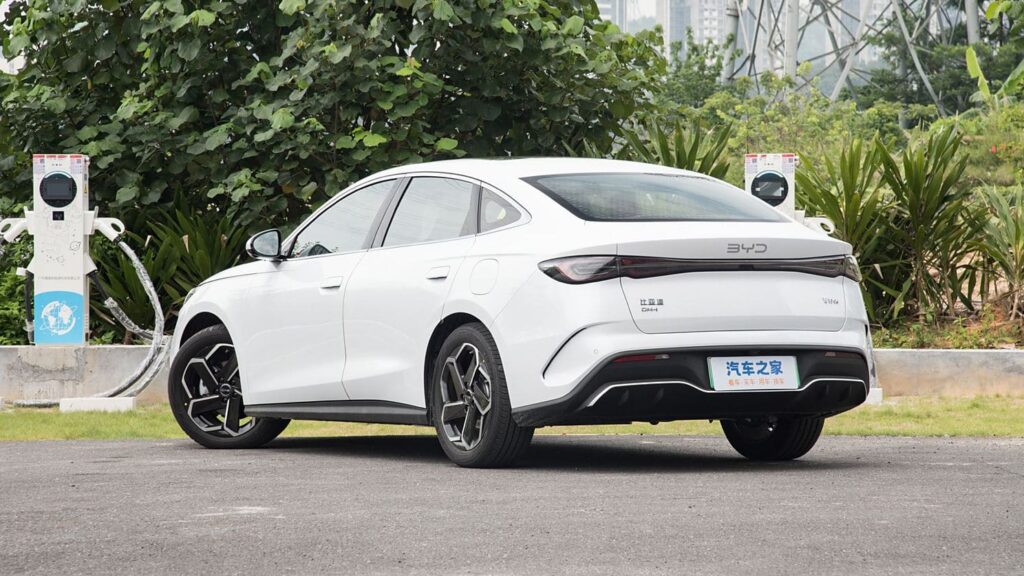
BYD has ignited a price war by offering discounts of up to 20 per cent on its models, compelling other EV manufacturers, including Tesla, to lower their prices by an average of 10 per cent.
Wang Chuanfu, BYD’s founder and chairman, aims to sell 3.6 million units in 2024, with models like the Qin L and Seal 06 expected to play a crucial role in competing against fossil fuel cars.
READ MORE: U.S. EV Charger Network Expansion Lags Despite $5 Billion Investment
Subscribe today for the freshest car news delivered to your inbox
